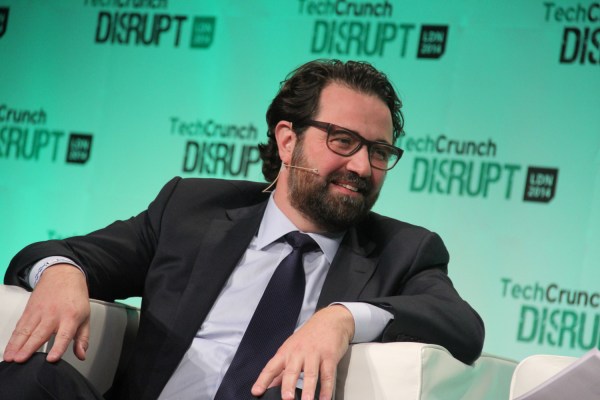Nearly 100 companies filed an amicus brief on February 5 stating their opposition to President Trump’s immigration ban. Zendesk intends to join those companies in a court filing this afternoon, sources tell TechCrunch.
The software company plans to sign on to the amicus brief via a filing this afternoon in the 9th Circuit Court of Appeals, where the Trump administration is appealing a temporary restraining order against the immigration ban. Zendesk’s general counsel John Geschke announced the decision to Zendesk employees today after fielding questions from employees about why the company had not initially signed on to the brief, a source with knowledge of the situation told TechCrunch. Zendesk learned about the filing after it was publicized last night and contacted the companies involved to join their effort, a source said.
Update 2:45 p.m.: Zendesk has officially filed to join the amicus brief, along with 30 other companies, including SpaceX and Tesla. “As a global technology company made up of talented, diverse and highly skilled individuals from around the world, we are concerned about the adverse impact this ban has on our employees’ ability to effectively collaborate, as well as the damaging impact it could have on the company’s ability to compete for talented individuals from around the globe,” a Zendesk spokesperson said in a statement.
The additional companies joining include:
Apple, Facebook, Google and 94 other companies argued in the brief that Trump’s executive order is illegal and will have negative impacts on American businesses. The brief highlighted the contributions of immigrants to the technology industry and claimed that barring immigrants from certain countries would prevent tech companies from recruiting the very best employees.
“Skilled individuals will not wish to immigrate to the country if they may be cut off without warning from their spouses, grandparents, relatives, and friends — they will not pull up roots, incur significant economic risk, and subject their family to considerable uncertainty to immigrate to the United States in the face of this instability,” the brief states.
Zendesk released a public statement against the immigration order on January 31, saying the company was “monitoring the implications” of the executive order. “We believe this executive order is flawed and is bad for both our people and our business,” the statement said. “Zendesk is committed to supporting our employees who are affected by this executive order.”
However, some employees wanted to see more direct action from Zendesk’s leadership, a source said, and several emailed CEO Mikkel Svane asking what additional action the company might take.
Immigration is part of Zendesk’s corporate story: Svane and his co-founders, Morten Primdahl and Alexander Aghassipour, founded the company in Copenhagen in 2007 before relocating to San Francisco in 2009. In an internal statement to employees last week, Svane reflected on the international history of his company but seemed hesitant to strongly oppose the immigration order, citing the many other policies he could oppose in countries where Zendesk operates.
“We have employees and operations all over the world, including places where abortion is a criminal offense, where homosexuality is outlawed, or where government sanctioned kill patrols exists. I think we as a company should make clear what our values and convictions are. But I don’t think we can make it our mission to oppose all local governments that have different standards,” Svane wrote in an internal message to employees and reviewed by TechCrunch. Svane also called on employees to examine issues closer to home, like homelessness and crime in the Bay Area.
Svane’s thinking appears to have changed since his internal letter. The shift is similar to what other industry executives have undergone in recent weeks — industry leaders met with Trump in December and appeared ready to work with him, but began speaking out after his January 27 immigration order.
Zendesk isn’t the only company to take a stronger stance against the immigration order after feedback from employees. Uber CEO Travis Kalanick stepped down from a Trump advisory committee after employees and users objected to his role there. Kalanick announced a legal fund for drivers affected by the immigration ban, and Uber signed on to the amicus brief.
Tesla and SpaceX CEO Elon Musk has also faced pressure to step down from the advisory committee but has defended his position, saying that he raised the issues of the immigration ban and climate change to the group. Musk’s stance may have kept other companies from reaching out to Tesla or SpaceX about signing on to the brief in the first place — a Tesla spokesperson told TechCrunch that the company didn’t hear about the brief until this morning. “As soon we saw the brief this morning, we insisted on being added,” the spokesperson said.
